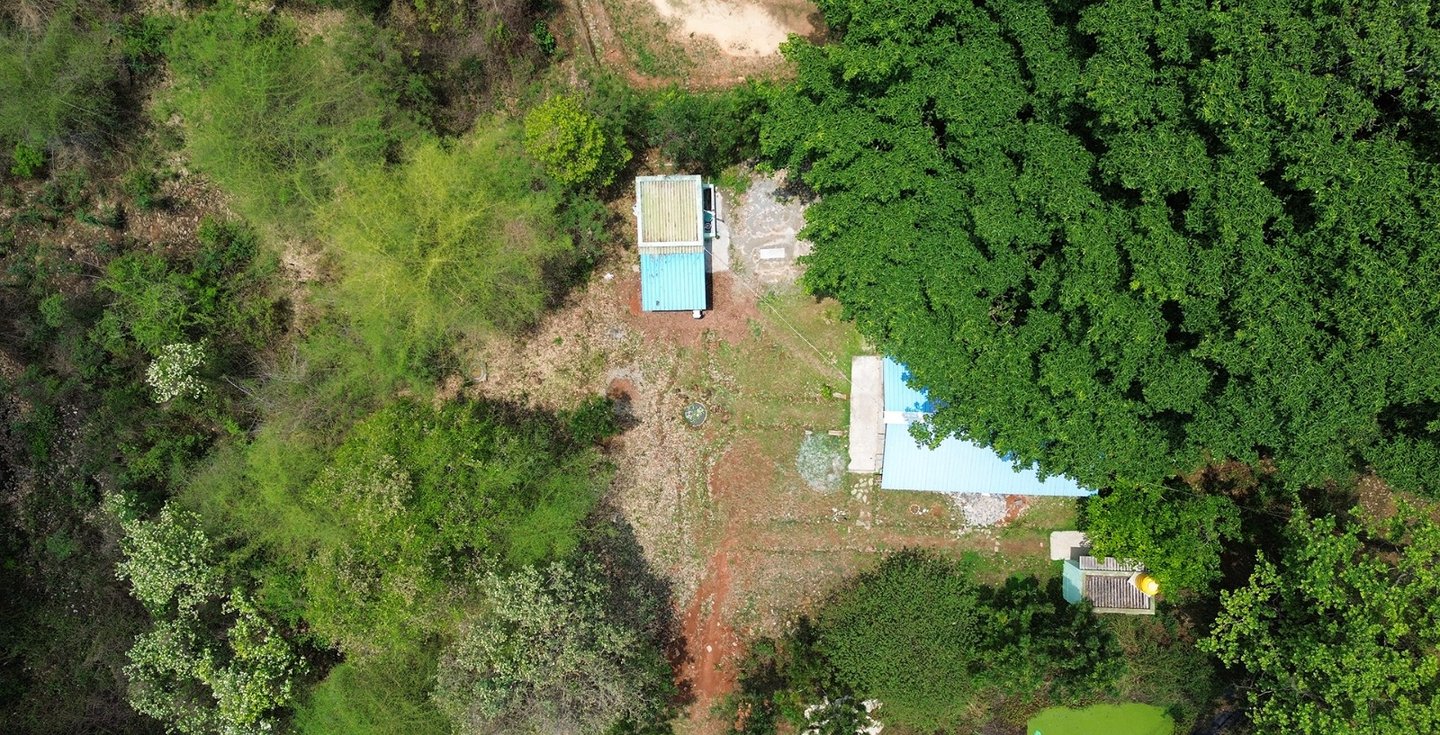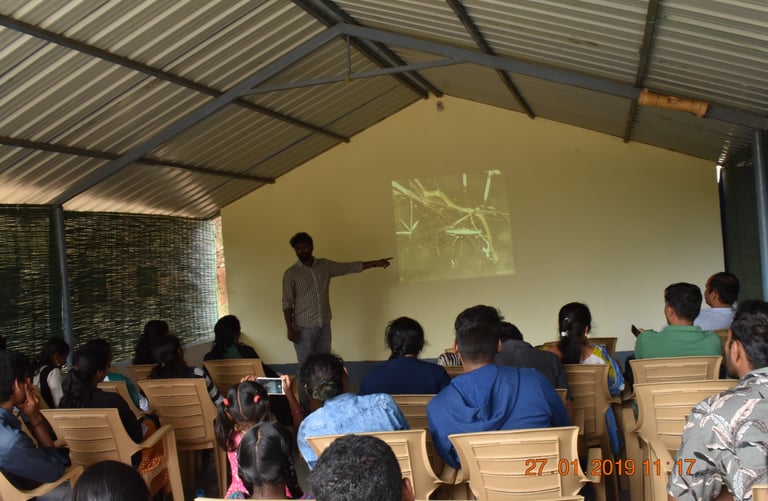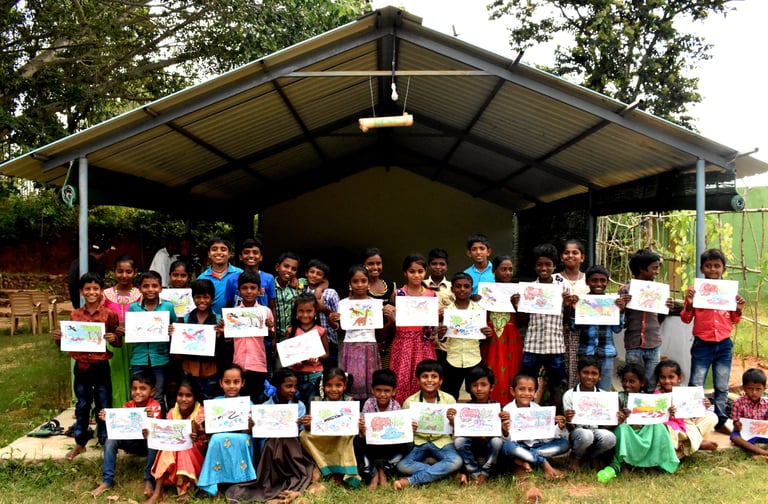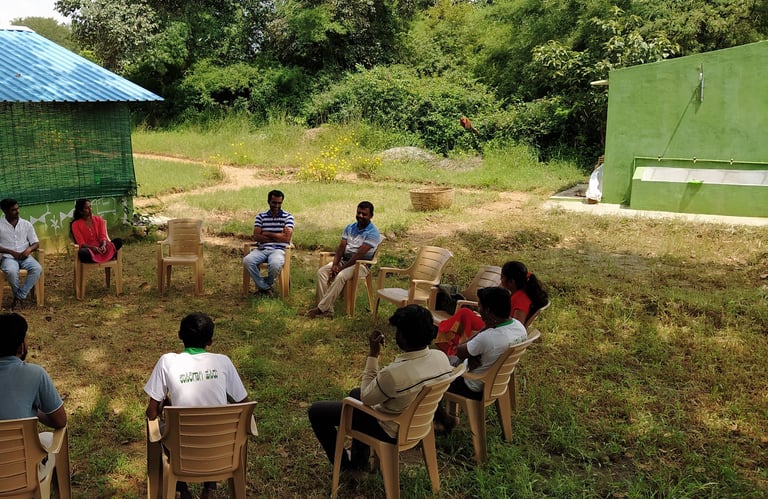Adavi Field Station (AFS)
Learning in the Lap of Nature
Nestled beside Bannerghatta National Park in a peaceful rural setting, Adavi Field Station (AFS) is a vibrant hub for nature-based learning and conservation. The station hosts diverse activities such as bird and butterfly watching, nature study, photography, trekking, creative arts, and interactive seminars with eminent scientists and researchers. Special programs build confidence in rural children by enabling them to engage with experts and explore their natural surroundings. AFS also offers workshops in photography, art, and gardening, with proceeds supporting its operations.
To connect people—especially children and youth—with nature and wildlife, fostering awareness and understanding of environmental and conservation issues through immersive, educational, and inspiring experiences.
Our Mission
Nature lovers and educators are welcome to visit, participate, or host their own programs, making AFS a space for both relaxation and active engagement with the natural world.


Programs Offered at Adavi Field Station (AFS)




Seminars and Talks on Nature and Wildlife
AFS regularly organizes interactive talks and seminars on topics related to wildlife, forest ecology, human-wildlife conflict, and conservation practices. Experts and researchers from diverse fields lead these sessions.
Many college students and nature enthusiasts attend these programs to gain practical insights into wildlife behavior and management.
Nature Camps for School and College Students
AFS regularly conducts summer and winter nature camps for school students from surrounding villages, completely free of cost.
These camps are designed to introduce students to wildlife and nature through hands-on experiences. In addition, other schools and colleges are welcome to use the space to host their own camps.


Stay and Research Facilities for Scientists and Scholars
AFS offers a peaceful and undisturbed environment for researchers interested in exploring the buffer zone of Bannerghatta National Park. The station provides basic accommodation and access to the forest landscape, making it an ideal place for ecological studies, wildlife observation, and field research.
Wildlife Conservation Group
Adavi Field Station (AFS), Ontemarana doddi village, Ragihalli post, Anekal taluk, Bengaluru - 560083.
(+91) 9483996832, 9008261066
Copyright © 2025 Wildlife Conservation Group.
All rights reserved.


Contact Us
